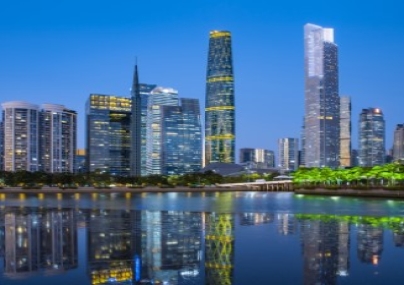The COVID-19 outbreak has severely disrupted normal life in Southeast Asia, forcing a big chunk of the region’s workforce to work from home, lawyers not exempted. But as the number of cases subsides in certain countries, and governments attempt to bring economies back on track, offices are beginning to reopen.
However, law firms say that given the potential for another spike in cases of this highly contagious disease, no reopening approach can be too cautious.
Patrick Ang, managing partner of Rajah & Tann Singapore, says that the firm has a slew of social distancing measures in place, which were enhanced during the circuit-breaker (Singapore’s term to describe its lockdown) period.
“We are maintaining a two-team segregation system, so that even if a lawyer needs to go to the office, he should only be in the office according to the schedule. In addition, we have temperature checks, health declarations, staggered hours, seating one metre apart, and a maximum number of people in the office at any one time,” Ang says.
Indonesia’s Assegaf Hamzah & Partners (AHP), which plans on reopening its office around mid-June, is looking at a similar approach.
Bono Daru Adji, AHP’s managing partner, says that the firm will be implementing social restriction measures in the office including “dividing our lawyers and business professionals into two segregated teams based on their current seating arrangement to ensure that there is a minimum of one-meter distance between each person.”
“We will also be limiting the number of people inside common areas. Further, a staff member will measure the body temperature of each person attending the office and those using public transport must bring a pair of spare clothes to change into before entering the office,” Adji adds.
Fellow Indonesian firm ABNR plans on reopening its offices on a phased basis by early to mid-June. According to Emir Nurmansyah, a member of ABNR’s management committee, when the offices reopen, lawyers and support personnel will work at the office on a rotation basis. People also will have to comply with various safeguard measures, such as physical distancing, temperature-checking and mask-wearing requirements.
“ABNR is in the process of erecting partitions so that people in open-office areas have their cubicles. In addition, we plan to adjust our office hours to avoid large numbers of people being present on ABNR premises at any one time, while lawyers and staff who are over 45 will be exempted from coming to the office,” Nurmansyah adds.
Thailand’s Tilleke & Gibbins operates in a number of Southeast Asian jurisdictions. Andrew Stoutley, its chief operating officer says: “In countries where restrictions have eased, many of the team members who have been primarily working from home during the crisis are now in the process of returning to the office, with teams rotating on a fixed schedule.”
The firm is also implementing health and safety measures within the offices, including physical distancing requirements, reduced room capacities, enhanced sanitization procedures, floor markers in all areas with regular foot traffic.
While the firms emphasise the safety measures they are adopting, they are also mulling allowing lawyers to continue to work from home for the foreseeable future.
Malaysia’s Skrine says that with the country’s Conditional Movement Control Order (CMCO) currently in place, the firm’s operations will follow a set of protocols. Partner Khoo Guan Huat adds that these protocols will allow some lawyers and staff to have the option of working from home or in the offices, while others will follow a roster that determines the timing of their working in the offices or from home.
“These processes have allowed us to provide client service without interruption. We expect to continue with this practice in the near to medium term, regardless of whether or not the CMCO is eventually lifted,” Khoo says.
Ang of Rajah & Tann says that since most legal services can be delivered via emails and videoconferencing, the firm’s lawyers will mainly work from home. However, the firm will gradually ease restrictions for those who need to be in the office for work that requires a physical presence.
Adds Tilleke’s Stoutley: “The firm does not see any reason to rush the return to the office, given how well it has adapted to remote working on such a wide scale.”
To contact the editorial team, please email ALBEditor@thomsonreuters.com.


